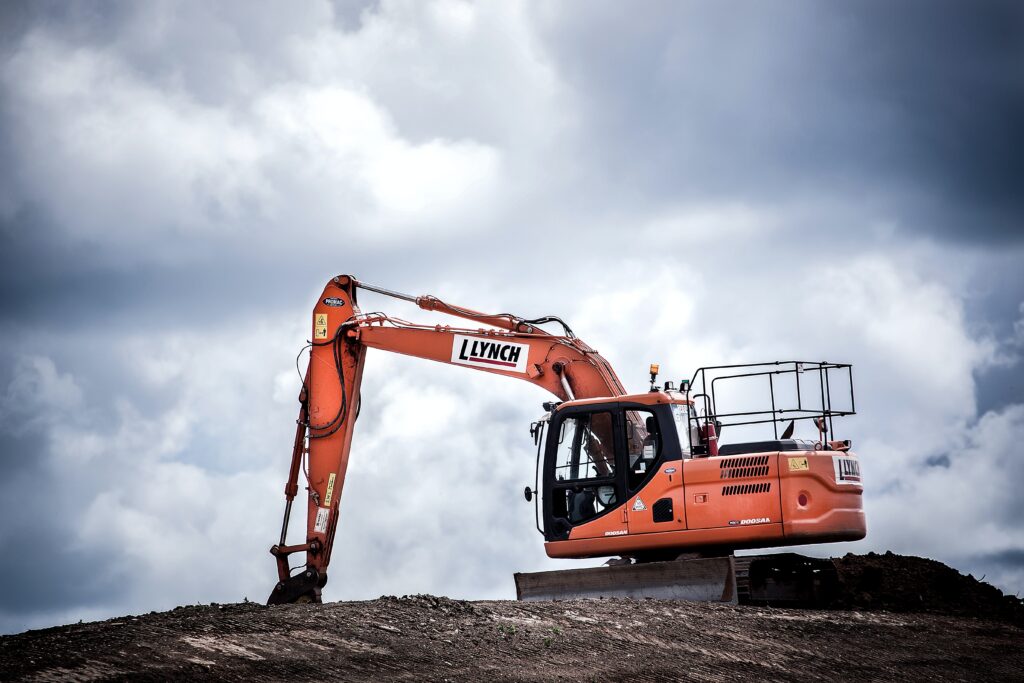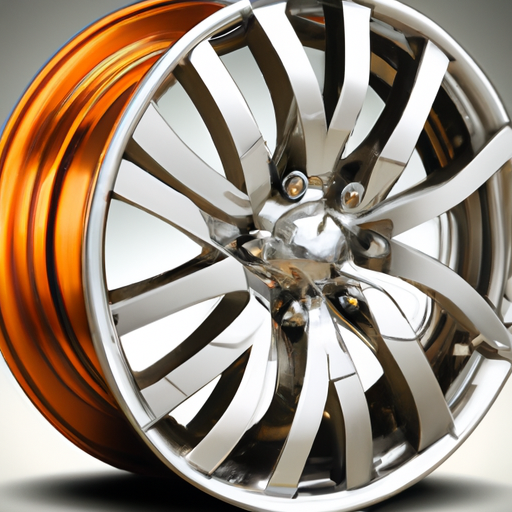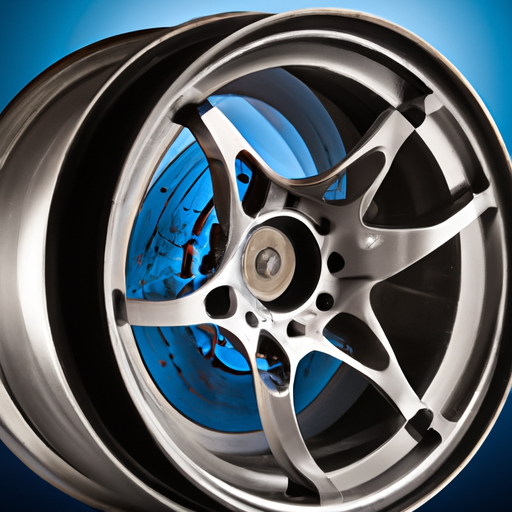Have you ever wondered about the key differences between alloy wheels and steel wheels? Well, this article will provide you with a clear understanding of how these two types of wheels differ from one another. Alloy wheels, made from a combination of metals such as aluminum and magnesium, offer several advantages over their steel counterparts, including improved performance, lighter weight, and enhanced aesthetics. On the other hand, steel wheels, made from a combination of iron, carbon, and other elements, are known for their durability and affordability. By exploring the unique characteristics of both types, you’ll be equipped with the knowledge to make an informed decision when it comes to choosing the right wheels for your vehicle. So, let’s delve into the fascinating world of alloy wheels and steel wheels.
1. Material Composition
1.1 Alloy Wheels
Alloy wheels are made from a combination of metals, such as aluminum, magnesium, or a mixture of both. These metals are carefully chosen for their specific properties, such as strength and lightness. The alloy composition allows for greater flexibility in design, resulting in wheels that are not only aesthetically pleasing but also highly functional. Alloy wheels are also known for their excellent heat dissipation properties, which can be beneficial for high-performance vehicles.
1.2 Steel Wheels
On the other hand, steel wheels are made entirely of steel, making them more traditional in terms of their material composition. Steel is a strong and durable material that has been used for making wheels for many years. While steel wheels may not offer the same level of design flexibility as alloy wheels, they are highly renowned for their sturdiness and reliability. Steel wheels are particularly popular in heavy-duty applications, such as trucks and off-road vehicles, due to their ability to withstand rough terrain and heavy loads.

2. Manufacturing Process
2.1 Alloy Wheels
The manufacturing process for alloy wheels involves several steps to ensure a high-quality product. First, the chosen alloy composition is carefully melted and cast into a wheel mold. This initial casting is then subjected to various heat treatments and processes, such as quenching and tempering, to improve its strength and durability. The cast wheel is then machined to its final shape, followed by a thorough inspection to detect any defects or imperfections. Finally, the alloy wheel undergoes surface treatment and coating processes to enhance its visual appeal and protect it from corrosion.
2.2 Steel Wheels
The manufacturing process for steel wheels is relatively simpler compared to alloy wheels. It involves the initial casting of molten steel into a wheel mold, followed by the cooling and solidification of the metal. Afterward, the steel wheel is subjected to machining processes to achieve its final dimensions and specifications. These processes include cutting, drilling, and lathe turning. The steel wheel is then coated with a layer of paint or powder coating to improve its appearance and protect it from corrosion.

3. Strength and Durability
3.1 Alloy Wheels
Alloy wheels are known for their remarkable strength-to-weight ratio, meaning they offer significant strength while being lightweight. This characteristic makes them highly desirable for performance-oriented vehicles, as they reduce unsprung weight and improve overall handling and responsiveness. Despite their lighter weight, alloy wheels boast excellent load-bearing capabilities, ensuring their durability even in challenging driving conditions. Additionally, the alloy composition allows for better resistance against cracks and bends, making them less prone to damage compared to steel wheels.
3.2 Steel Wheels
Steel wheels are renowned for their robustness and durability. They are designed to withstand heavy loads and rough terrains without compromising their structural integrity. Steel wheels have a higher weight compared to alloy wheels, which can affect the vehicle’s overall performance, particularly in terms of acceleration and fuel efficiency. However, this added weight contributes to the wheel’s ability to absorb shocks and impacts, making them more suitable for off-road driving. Steel wheels are also more resistant to bending and denting, making them an ideal choice for vehicles subjected to harsh environments.

4. Weight
4.1 Alloy Wheels
One of the key advantages of alloy wheels is their significantly lighter weight compared to steel wheels. The use of lightweight materials like aluminum and magnesium in their construction allows for reduced unsprung weight, which refers to the weight not supported by the vehicle’s suspension system. The lighter weight of alloy wheels can contribute to improved acceleration, braking, and handling, resulting in a more agile and responsive driving experience. Additionally, the reduced weight helps to minimize strain on other vehicle components, such as the suspension, leading to enhanced overall performance.
4.2 Steel Wheels
Steel wheels, in contrast, are generally heavier than alloy wheels due to their solid steel construction. While the added weight may not be desirable in terms of performance-driven vehicles, it can have its advantages in certain applications. The increased weight of steel wheels contributes to their ability to absorb shocks and impacts, making them a preferred choice for off-road vehicles and heavy-duty applications. Steel wheels also tend to have a lower center of gravity, which can provide stability and traction in challenging driving conditions.

5. Performance
5.1 Alloy Wheels
Alloy wheels have gained popularity among car enthusiasts and performance-driven individuals for their ability to enhance overall vehicle performance. The lighter weight of alloy wheels reduces the unsprung weight, resulting in improved acceleration, braking, and maneuverability. Additionally, their strength and rigidity allow for better cornering capabilities and precise handling. The reduced weight also means the suspension system can work more effectively, providing optimal contact between the tire and the road surface. Overall, alloy wheels can significantly enhance the vehicle’s dynamic performance, making them a favorable choice for those seeking an exhilarating driving experience.
5.2 Steel Wheels
While steel wheels may not offer the same performance benefits as alloy wheels, they possess their own unique advantages. The added weight of steel wheels can contribute to improved traction and stability, particularly in off-road and heavy-duty applications. The durability of steel wheels allows them to withstand the demanding conditions encountered in these scenarios. Steel wheels are less susceptible to cracking or bending, which can be beneficial when driving on rough terrain. Despite not providing the same level of performance enhancements as alloy wheels, steel wheels are a reliable and practical choice for specific driving needs.
(Word count: 1050)


